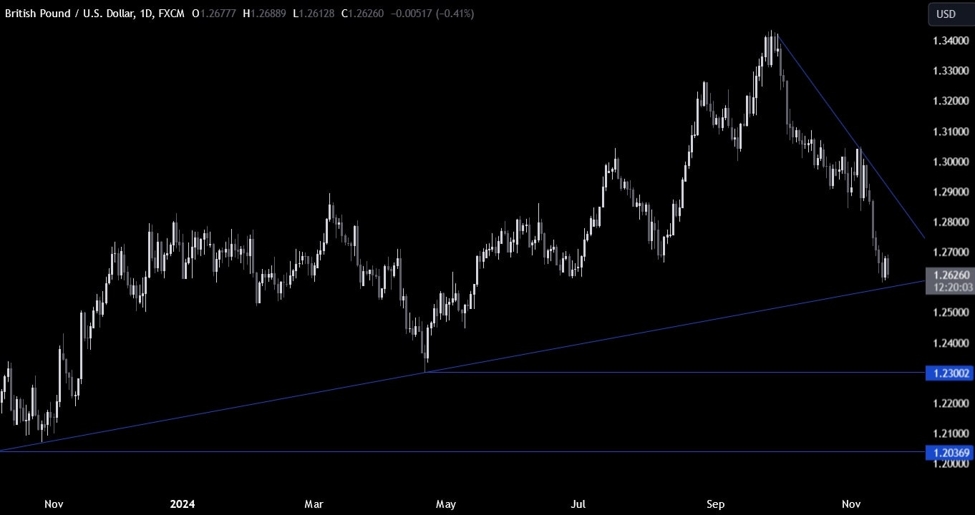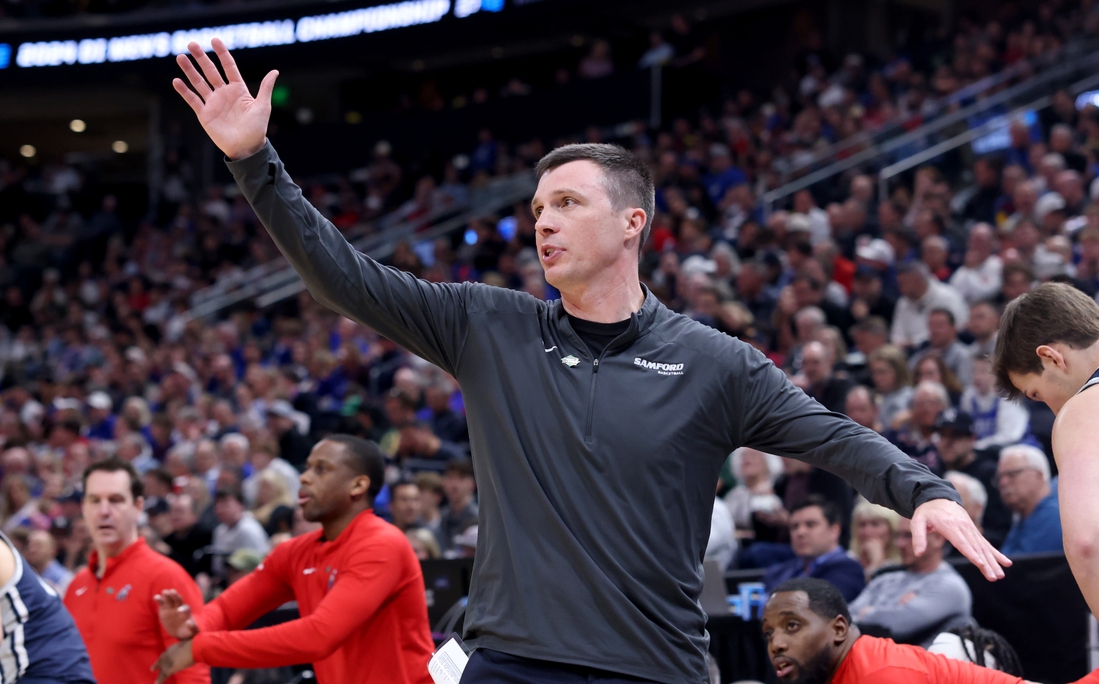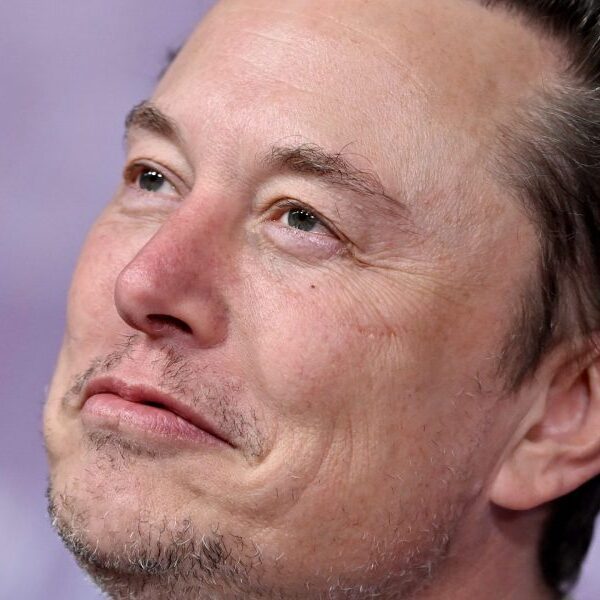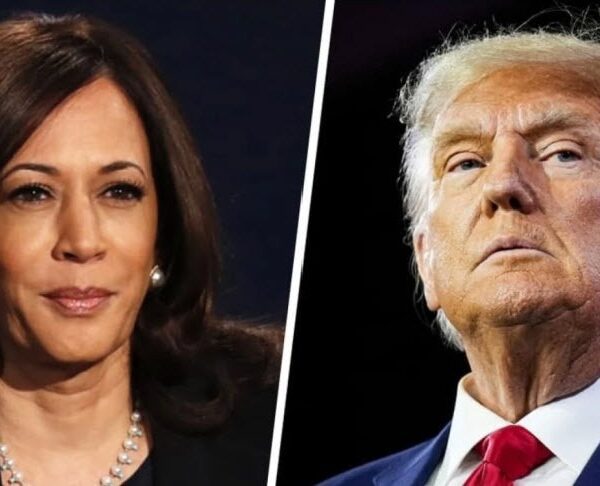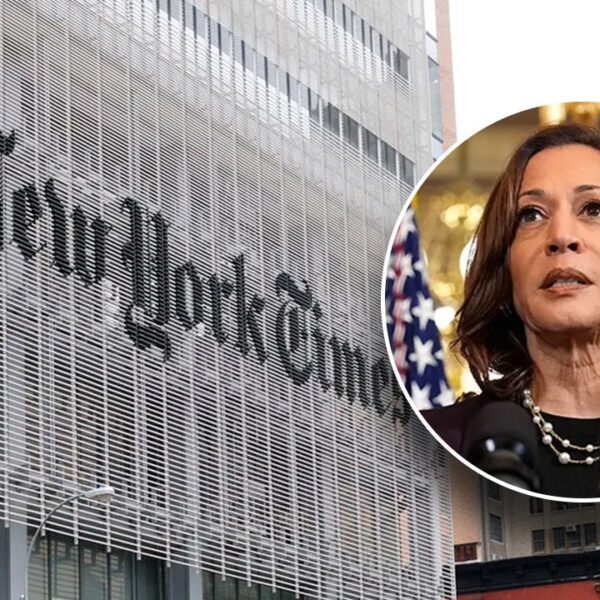

Nestlé is overhauling its business to drill down on its top-growing brands, spin off its underperforming water unit, and cut $2.8 billion in costs by 2027.
The measures were announced by Nestlé’s CEO of 80 days, Laurent Freixe. His goal is to “accelerate Nestlé” and make growth the center of its investments in the upcoming years, Freixe said at the Capital Markets Day presentation on Tuesday.
Freixe, who has been with the consumer giant for nearly 40 years, emphasized a “less is more” approach for the Swiss company—from its innovation focus to where it invests. The company owns 31 brands with “billionaire” status, as they bring in annual sales of over 1 billion Swiss Francs.
Freixe says his plan with Nestlé is to “build out our existing winners” by focusing on these billionaire brands.
“Growth is of the essence,” the CEO said at Nestlé’s headquarters in Vevey, Switzerland.
To that end, Nestlé is making big changes, including increasing advertising and marketing expenses by 9% of total sales by next year, bringing the spending back to pre-pandemic levels. It will also spin off its bottled water business, which includes brands like San Pellegrino and Perrier.
Overall, the company will slash $2.8 billion in costs by 2027.
Nestlé’s business has floundered since the pandemic, as it hiked prices in response to inflation amid a dip in consumer spending. The company has underperformed its rivals like Danone and Unilever, cutting growth forecasts and faltering in a competitive consumer market.
Nestlé’s sales were dented in some Middle East markets because of boycotts, which ultimately led to the previous chief, Mark Schneider, being ousted.
Freixe lowered the company’s organic sales growth target for this year to around 2%— the lowest annual rate in at least two decades.
Nestlé’s shares are down over 22% since the start of the year.
Still, Nestlé has many strengths in its wide-ranging portfolio across 188 countries, including Nespresso, Maggi, KitKat, and Purina.
“Nestlé has reduced investment over the last years in the area of generating demand, which is not the best idea to drive growth and market shares. This is changing,” Freixe told investors.
The CEO predicted that pet care and snack businesses will also have great potential in coming years, as will the health and wellness category, which caters to longevity and weight-loss nutrition needs. Nestlé has insisted that it can complement the boom in slimming drugs with health supplements, creating dedicated products for people consuming weight-shedding medication.
The slew of measures to revamp Nestlé’s business “is definitely a first step in the right direction to restore sales growth,” Vontobel analyst Jean-Philippe Bertschy said, according to Reuters. “The additional cost savings is significant.”


